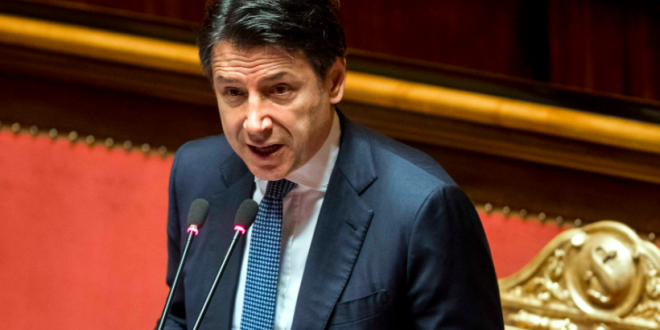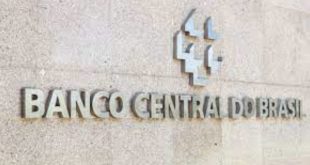Signing an ‘emergency decree’ late on Sunday, Prime Minister Giuseppe Conte enforced a further national lockdown in Italy, seeking to avoid a further wave of the COVID-19 pandemic devastating Italy’s emergency services.
Sanctioning a raft of lockdown orders, the Italian government pointed to a sharp rise in new infections which had reached 25,000 daily by Wednesday of last week, with a further 1,500 new patients being treated in intensive care units.
From Monday, Italian bars and restaurants have been ordered to close from 6 pm on weekdays, with full closures on Sunday, as Italians are ordered not to travel outside of their local municipalities.
Branded as non-essential businesses by the Decree, Italy’s betting shops, arcades and bingo halls have been ordered to shut down until 24 November.
Facing an autumn under lockdown, Lotto and SuperEnalotto ticket purchases will be the only retail vertical available to Italian consumers, at stores, kiosks and tobacconists that can ensure social distancing.
Publishing its interim statement, Italy’s Ministry of Finance noted that the 100-day mandatory closure of all gambling venues had cost the government €2 billion in lost tax earnings.
Italian gambling’s main trade bodies Sapar, As.Tro and Acadi immediately lambasted Conte’s orders, stating that no gaming venue had registered an outbreak of COVID-19, after all businesses had redesigned their venues/stores to be COVID-19 secure.
Tracking Italy’s gaming venues and machine performance, Acadi estimates that in 2020 operators have lost a total of €1.8 billion in revenues and will carry total losses of €700 million by the end of November trading.
Italian retail, leisure and hospitality businesses are currently awaiting from the Conte government to unveil its latest relief package for businesses penalised by the latest coronavirus restrictions as it scrambles to quell growing social unrest.









